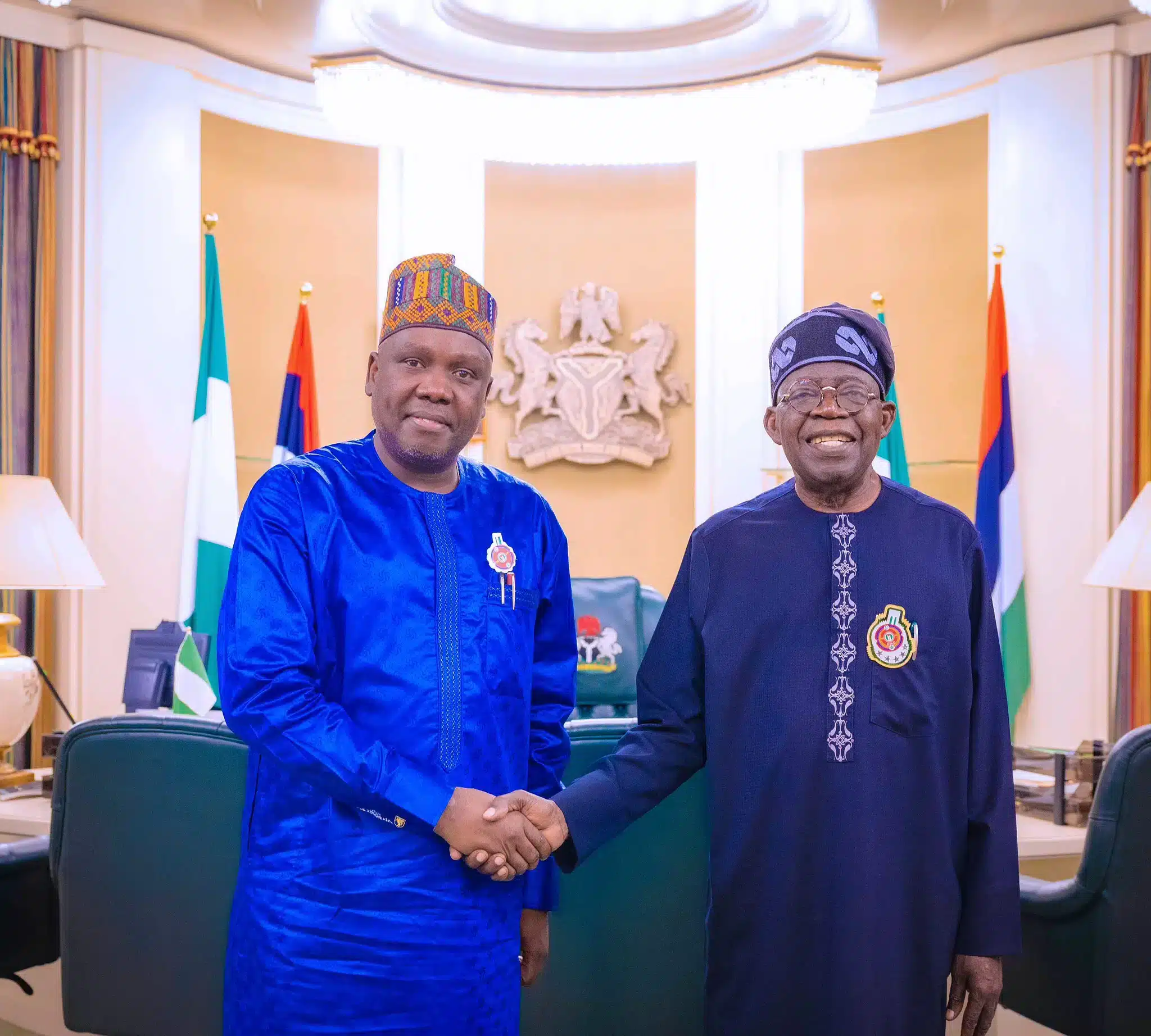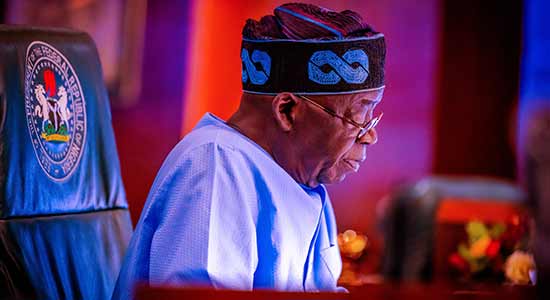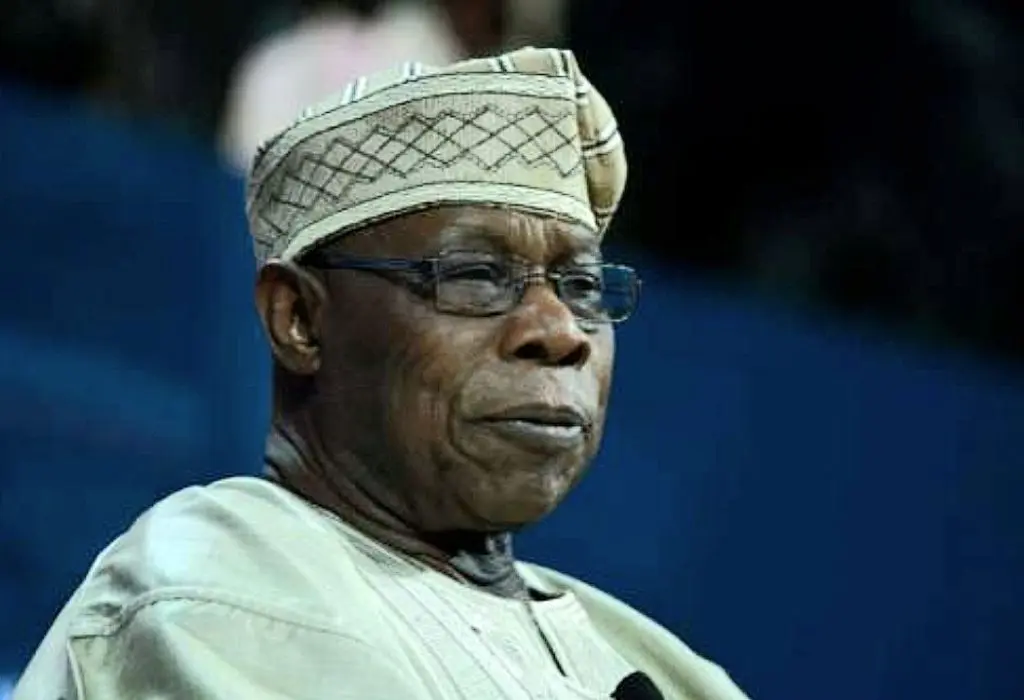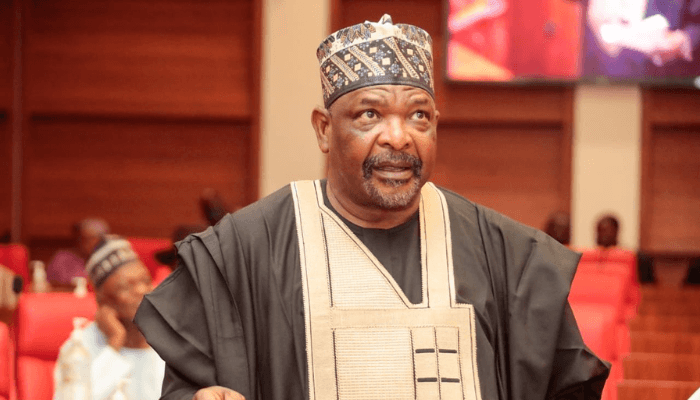The Federal Government has acknowledged that fuel smuggling from Nigeria to neighbouring countries is a persistent issue that may never be fully eradicated.
Speaking at the 2024 Energy and Labour Summit in Abuja, Minister of State for Petroleum Resources, Heineken Lokpobiri, cited the deteriorating state of Nigeria’s pipelines as a key factor enabling smuggling, noting that the ageing infrastructure, with some pipelines dating back to the 1960s and 1970s, is easily vandalised, facilitating illegal fuel transport.
He said, “The reason why pipeline vandalism is very easy to do is because the pipelines have all expired; they are completely corroded. So, anybody can just go and tap it, and the thing is busted.”
Lokpobiri also pointed out that as long as the Nigerian National Petroleum Company Limited (NNPCL) continues to sell fuel below landing cost, smuggling will persist, further aggravated by the complicity of security agents at border posts.
“If NNPC imports PMS and sells to marketers at perhaps N600 or below, there’s no way that smuggling can stop,” Lokpobiri remarked, adding: “When smugglers are taking the products outside the country, even if you put all the policemen on the road, they are Nigerians; you and I know the answer.”
The minister stressed the need for a public-private partnership to address infrastructure challenges and invest in the rehabilitation of the pipelines.
He also stressed the need for Nigeria to play a strategic role in ensuring energy security across West Africa.
Regarding the supply of crude to local refineries, including the Dangote Refinery, Lokpobiri expressed concerns about meeting domestic and export obligations without increased production.
He noted the importance of ramping up production to support local refining and ensure healthy competition among refineries.
He said: “Our ambition is to ramp up production. It is only when we ramp up production that the midstream and the downstream can also be successful.
“Supporting local refining is the way to go. We can look for investors to explore and bring out this crude, so we will be able to meet both our domestic obligations and also export some to be able to raise more dollars and meet our obligations.”

 2 months ago
48
2 months ago
48















 English (US) ·
English (US) ·